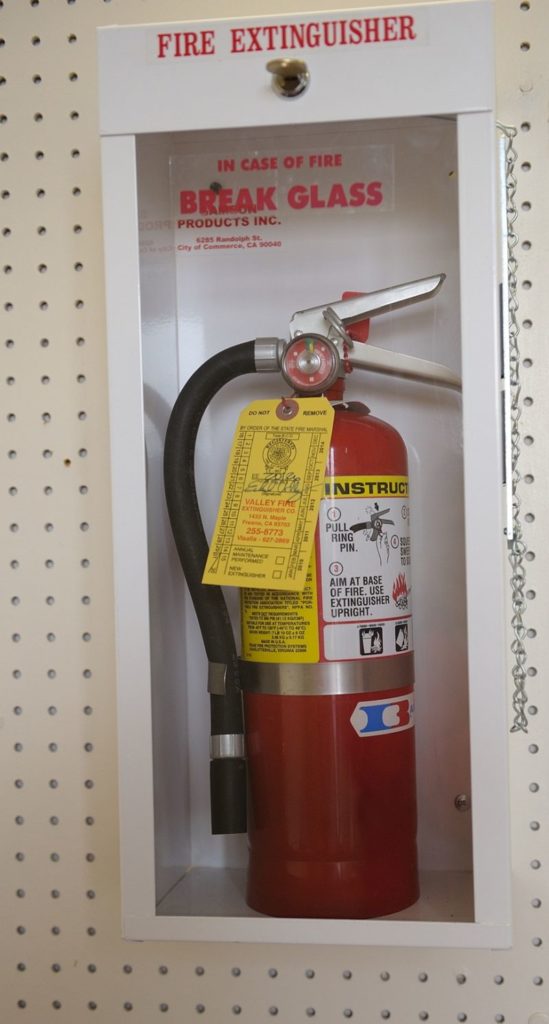Silence
The first responder world has suffered in silence for generations. We bear the burden of helping others and not ourselves. We take on stress for the sake of others. Someone else’s worst days mean our jobs, our livelihoods, are happening. The hours, the sights, the sounds, the lack of support… We take it in stride because that’s the job. And we are silent about what it does to us inside. Attitudes rise, marriages suffer, jobs are lost, people are hurt. Yet for years and years, we were silent(ly crying out.) The silence is breaking.
Fire
Imagine you’re in a large building, maybe a hotel. You see smoke coming from the kitchen. Maybe someone burned something; you walk by. More commotion and yelling as you walk by a fire extinguisher. It’s not an emergency, is it? You pause or do nothing. They must have it under control. You don’t want to cause a scene and embarrass yourself. Now it’s thicker and you smell burning fabric, rugs, and someone screams of what sounds like pain. You run back to the fire extinguisher sitting against the wall in a case. IN CASE OF FIRE, BREAK GLASS.
Guess what? We’re on fire. The mental health of first responders is on fire. This is an emergency. We’re breaking the glass. It’s long overdue.
Today, we know that:
- Police officers and firefighters are more likely to die by suicide than in the line of duty.
- 85% of first responders have experienced symptoms related to mental health conditions.
- Depression and PTSD are up to 5 times more common in first responders.
If you’re sick of hearing these facts, buckle up, we’re not done yelling it. If you didn’t know these things, share it out loud because people who don’t know need to know. These are facts and they are staggering. (Dr. Holly Kennedy-Hansen, Kaiser Permanente, November 2020)
Sounding the Alarm
Just as with a physical fire, help isn’t coming until someone sounds the alarm. Lately, people are finally doing just that. Their efforts trigger systems like the National Suicide Prevention Lifeline into creating 988, a three-digit suicide hotline like 911 which connects people to help immediately. It’s prompted programs like The Veteran’s Ranch, which helps veterans overcome mental health troubles through equine therapy. There’s no way we can capture all the names of those who are sounding the alarm. We can mention a few notables though.
First Responder Coaching
We’ll start with Jennifer Anderson, our CEO and founder, who started with Blue Line Coaching before morphing it into First Responder Coaching. It was coaching that steadied her and helped her regain footing to lead her family through her LEO husband’s crisis. After launching Blue Line Coaching, Jennifer saw a greater need across many other first responder communities and opened her channels to include them with FRC.
Jennifer is a huge advocate for first responders and their families in a world that forgets we’re human too! She uses FRC as a pivot point to reach out to departments and organizations with the goal of making mental health support normal for first responders. She is constantly speaking out in podcasts with people like KC Armstrong with Podcast Business News Network and Matt T. with Patches and Stripes. As FRC expands its connections, word is getting out that suffering in silence is not okay and you can get help and keep your job!
There’s also Keith Hanks, our Director of Business Development, who has a history of trauma – both personal and in fire fighting – and has been a strong advocate for suicide awareness and prevention. Keith is anything but silent about his story and the needs first responders face today. Check out his YouTube channel here. He pulls no punches and dulls nothing. He is raw and real. Keith has suffered much under the stigma of mental health where you can’t show any weakness. He’s breaking the glass by ending the silence of trauma and getting the word out there. Keith is also working on a book which tells his personal story of trauma, recovery, and PTSD.
Books
Michael Sugrue is making an impact with his book, co-authored with Doc Shauna Springer, Relentless Courage: Winning the Battle Against Frontline Trauma. They tell Michael’s experiences in a unique way by giving Doc’s perspective after each story. You can buy the book and read it for yourself, read one of the many reviews here on Police1, listen to one of their podcasts here by Lion’s Guide, or watch a YouTube interview of them here by Two Feet on the Ground. Relentless Courage has been a number one bestseller on Amazon for many weeks. (If you like that, check out Doc Springer’s Warrior: How to Support Those Who Protect Us. Doc is making great strides to bring awareness and practical guidelines to support our support!)
You can also check out Jason Sautel’s The Rescuer: One Firefighter’s Story of Courage, Darkness, and the Relentless Love That Saved Him. Jason takes his experience in fire fighting and all the trauma and darkness he endured and packs it into this book. This isn’t a story for those seeking entertainment; it’s for those unaware and seeking education into the truth behind first responder life. It’s also for those seeking solidarity in the trauma they have experienced in this world themselves.
Loud and Relentless
We are first responders and first responder family members and we will not be silent anymore. Mental health is important for all humans and first responders are just that: humans! We’re on fire and we’re breaking the glass, ending the silence. Let’s smash that stigma that showing weakness is bad. Be loud. Be proud. Let’s save lives by speaking up and sharing what we know. We need to bolster those advocates and get the word out about what’s happening in our first responder world. A healthy response team needs healthy responders and healthy responders need healthy minds. We got this!
